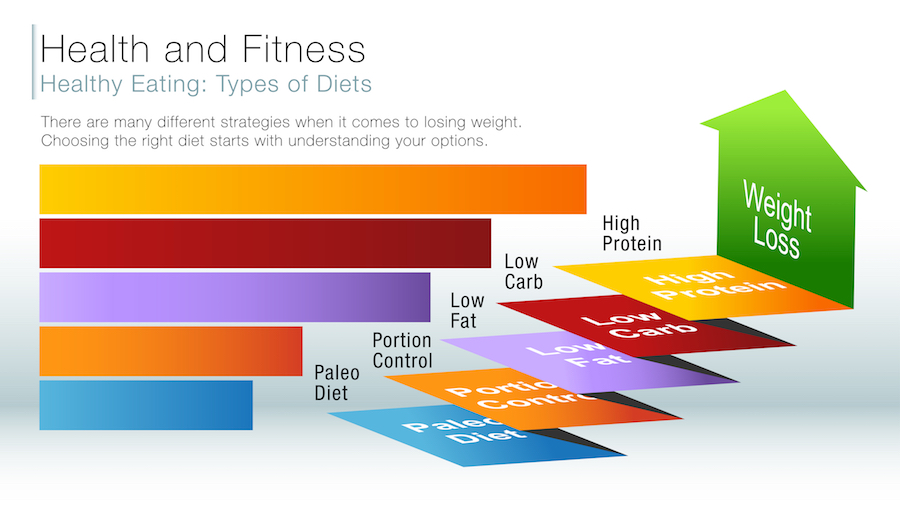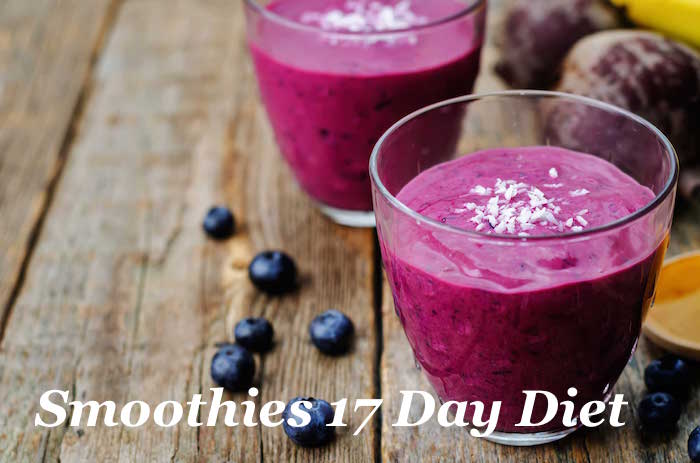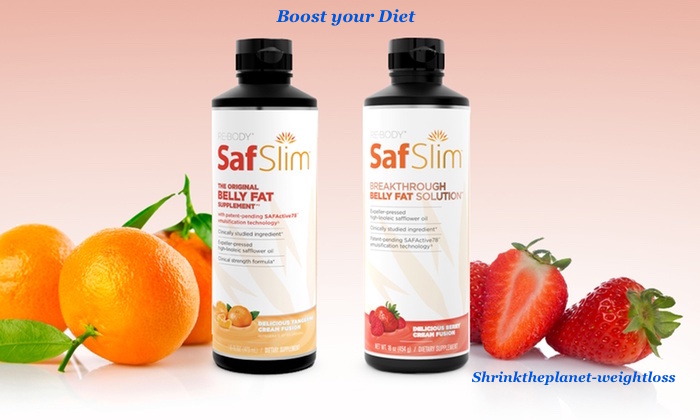When it comes to the weight loss industry, it seems that short-lived fads and new ‘wonder’ diets rule the roost. But no matter which new angle the gurus might be touting, there are many simple steps you can take which will transform any slimming effect. Here are 15 tips you can weave into your daily life for greater dieting success.
Use Smaller Plates
Serving your meals on smaller plates has two powerful benefits. Firstly, it makes portion control much easier. Secondly, and probably more importantly, it also has the psychological effect of fooling your brain into thinking you’re eating more compared to presenting the same serving on a bigger plate. This means your appetite will be satisfied with a smaller intake of calories.
Eat Slowly
There’s a time-lag of a few minutes between you consuming enough food to meet your energy needs, and your brain receiving the signal from your stomach that you’re full. If you eat quickly, this can result in many extra calories being consumed in that time. Slower eating will give your body a chance to react and quell your appetite sooner, after fewer calories.
Put Your Cutlery Down
As part of eating slowly, many people find that it helps to put their cutlery down on the table between mouthfuls, only loading up the next forkfull after swallowing.
Carry Healthy Snacks
Your diet plan may tell you that snacking is wrong, but everyone gets hunger pangs from time to time. If you’re carrying a healthy snack to nibble on, such a fruit or nuts, then you’re much less likely to succumb to the temptation of calorie-packed convenience foods when hunger strikes.
Avoid Processed Foods
Try and eat foods that are all natural. Not only are many processed foods high in fat, salt, and sugar, but fresh foods take longer to digest. This means they release their energy more slowly, helping to avoid hunger pangs. In contrast, the sudden rush of energy from processed food can lead to a later ‘crash’ in blood sugar levels, making snacking almost impossible to resist.
Restrict Fruit Juices
Although fresh fruit juice is healthy and nutritious, it often contains just as much sugar as a soda, even if it’s in a more natural form. Eating an apple or other whole fruit accompanied by water will provide the same amount of nutrients with much fewer calories. If you do drink fresh juices, enjoy small portions for the taste and health benefits, and drink water instead as a thirst-quencher.
Eat Fiber
Fiber helps to regulate digestion, spreading the release of energy from your food over a longer period, and so avoiding sudden, overwhelming hunger pangs. Try and eat whole-wheat versions of foods such as bread or pasta rather than refined white versions, and add nuts, berries, and other good sources of fiber to your diet if you don’t already eat them.
Be Wary of Low Fat Products
Just because something is labeled as reduced fat, it doesn’t mean it’s actually low in fat- it just has a lower level then the standard product. Only foods clearly labeled as ‘fat free’ can be assumed to be low in calories.
Drink Coffee
Black coffee taken without sugar contains very few calories, and has several important health benefits to offer alongside. It’s packed with antioxidants for instance and it also raises your metabolism by up to 11%, meaning your body burns off energy more quickly rather than laying down fat.
Plan Your Menus
Sitting down at the start of the week and deciding on your menu will help you to plan for low calorie, healthy meals. If you arrive home from work, tired and with no idea what you’ll eat, you’re more likely to reach for a pizza delivery menu than a fresh, low-fat supper. With a planned menu, you can also draw up a precise shopping list containing only the ingredients you need, and no fatty or sugary extras to temp you.
-
Valuable
-
Helpful
-
Taste
-
Preparation



